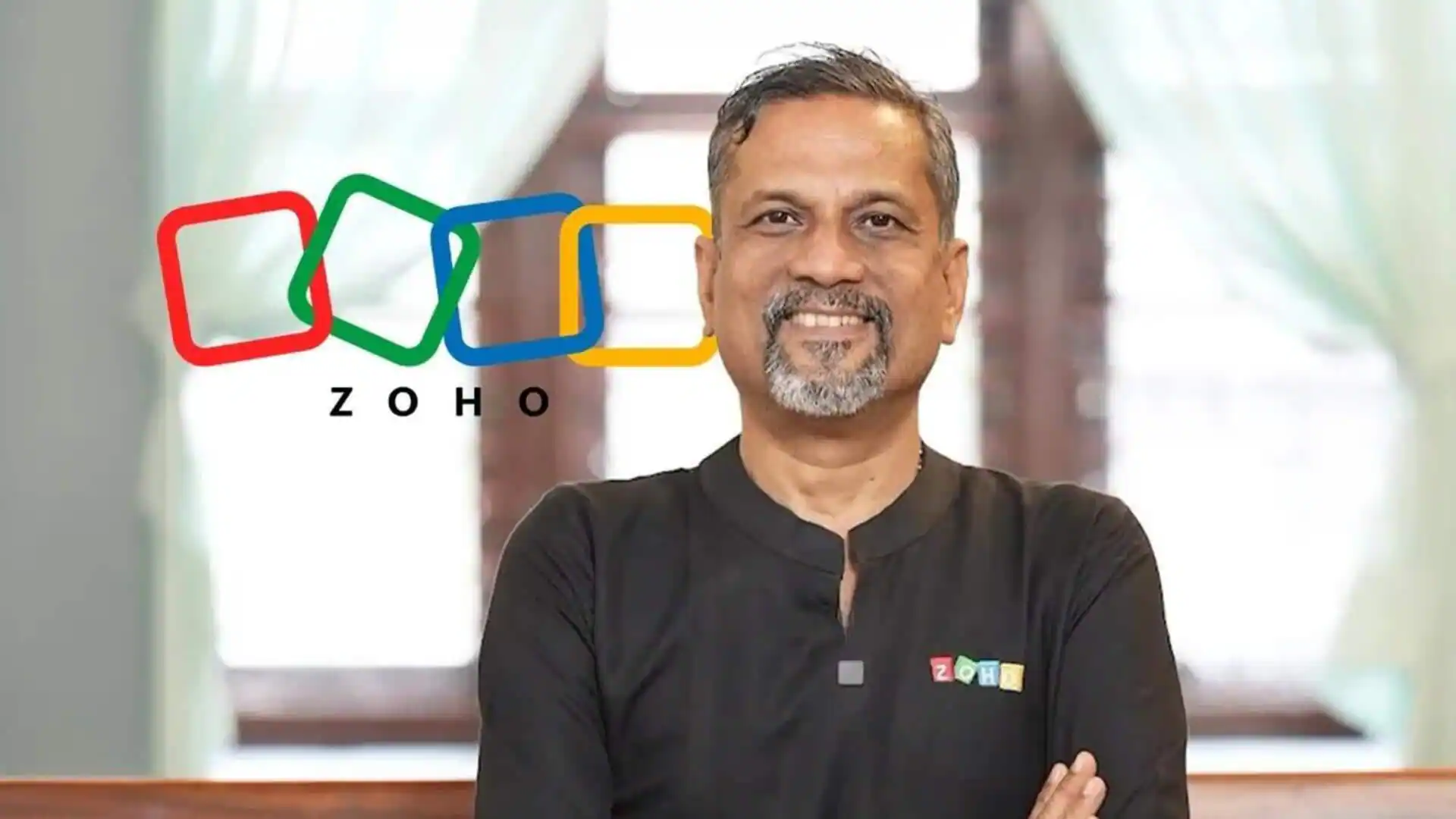Copyright fool

There are certain expenses in your life you can control to a reasonable degree. Housing, for example, is something you have a say in. You can opt to buy a $400,000 home instead of an $800,000 home to lower your mortgage payments. Similarly, you can buy a car that comes with $500 monthly payments instead of $700 if you're looking to save money. But healthcare is one expense you can only control to a certain degree. Sometimes, you can't avoid getting hurt or sick. And even if you do your part to take good care of your health, if you have a chronic condition or develop one, it could result in expensive medical bills. That's why it's so important to have savings for healthcare expenses. And if you have health insurance that's compatible with a health savings account, or HSA, then it pays to contribute to one. The nice thing about HSAs is that they're triple tax-advantaged. Like an IRA or 401(k), your money goes in tax-free. And like a Roth IRA or 401(k), HSA withdrawals are tax-free provided they're used to pay for qualifying healthcare expenses. The other thing HSAs let you do is invest money you're not using so your balance can grow over time. Investment gains in an HSA are tax-free as well. But new data shows that most HSA savers aren't investing their money. And that means they're missing out on a huge opportunity. The best way to use your HSA Data from Devenir that roughly 10% of HSA savers held at least some of their money in investments. But that means that the overwhelming majority of HSA holders are not investing their funds. HSAs are very flexible in that they allow you to take withdrawals at any time. If you take a non-medical withdrawal, you'll be subject to a 20% penalty. But otherwise, HSA funds don't expire, so you can carry that money forward for as long as you want. A good way to manage your HSA, if your finances allow for it, is to invest your money and carry your balance all the way into retirement. This strategy can be beneficial for two reasons: It gives your money more time to grow tax-free It could leave you with a potentially large balance in time for retirement, when your healthcare needs may be greatest If you're spending your HSA balance year after year because you think you have to, you may be confusing an HSA with an FSA, or flexible spending account. FSAs do require you to deplete your balance every year, so there's no investment option. But HSAs are very different. And if you want to put yours to good use, you may want to allocate money in your budget to pay for healthcare bills as they arise during your working years. That way, you can invest the money in your HSA and, ideally, grow it into a huge pile of cash for retirement. There's no such thing as too much HSA savings You may be worried that investing your HSA and carrying your balance into retirement will mean ending up with excess funds you have to forfeit or accept a penalty on. But that's not necessarily the case. Once you turn 65, you can use an HSA like a traditional retirement account. This means that you can take withdrawals for any purpose without incurring a penalty. HSA withdrawals for non-medical purposes are still subject to taxes after 65. But there's no penalty to worry about. So rest assured that if you wind up with a large balance in retirement -- more than what you need to cover your healthcare expenses -- you won't be sitting on "wasted" money. If you're among the 90% of HSA holders who aren't investing the money in their accounts, you may be making a mistake. So take a look at your account and consider investing at least a portion of that money. It's a move that could serve you very well in the long run.



